博士/医学影像学
PhD/MPhil Imaging

学历文凭
Ph.D.

专业院系
School of Life Sciences

开学时间

课程时长

课程学费

国际学生入学条件
IDP—雅思考试联合主办方

雅思考试总分
6.5
- 雅思总分:6.5
- 托福网考总分:87
- 托福笔试总分:160
- 其他语言考试:Pearson Academic 62 with 59 in each component
CRICOS代码:
申请截止日期: 请与IDP联系 以获取详细信息。
课程简介
The School of Allied Health Professions Research topics within the School are aimed at optimising technical elements of imaging examinations, improving the patient experience and evaluating patient imaging services and pathways. The researchers encompass members who are actively involved in UK and international radiography research, and who are members of the EFRS Radiographer Research Network (RRN). The research programme aims to encourage and facilitate engagement in radiography and medical imaging-related research. Our research ambition is to encourage growth in the number of researchers involved in medical imaging research as per the Research Strategy from our professional body (SCoR). We intend to increase the amount of research produced and to promote the successful implementation of new findings into clinical practice. All appropriate resources and services necessary to support our research is available through the School of Allied Health Professions and collaborating organisations (primarily the NHS although we do have links to Tertiary enterprises and Industry). Please contact appropriate staff with project specific enquiries. The School of Life Sciences Research topics within bioengineering cover activities in two areas: fabricationapplication of multifunctional biomaterials for tissue engineering (cornea, bone, tendon, nerve, cartilage) and exploitation of on-line, non-destructive characterisation techniques to monitor three dimensional scaffolds, tissues and constructs behaviour in vitro and in vivo. The research programme focuses on the application of engineering strategies in translational medicine. Great effort has been made to establish systematic study methods in utilizing smartunique materials that trigger and detect specific cellular responses and application of non-destructive monitoring modalities for complicate cellular systems. The research is centralized on bone, cartilage, blood vessel, cornea, retina pseudoislets, skin, nerve generation and characterization.A team of experienced researchers supervise research activities within our programmes and peer support is available via interactions with many research fellows, research associates and research students, including research seminars and an active Research Committee. Support is also available from local collaborations based at nearby NHS sites and within Industry. International students can't study part time at Keele. They are only eligible for full time study.
相关申请
 预科
预科 奖学金
奖学金 实习机会
实习机会 在校学习
在校学习 跨境学习
跨境学习 校园授课-线上开始
校园授课-线上开始 在线/远程学习
在线/远程学习
开学时间&学费
学费信息仅供参考,请与IDP联系以获取详细信息
| 开学时间 | 时长 | 学费 | 地点 |
|---|
学校排名

世界排名501
数据源:
泰晤士高等教育世界大学排名
关于基尔大学

基尔大学是一所基于校园的大学,其学生课程满意度在英格兰排名并列第一(卫报2019年大学排行榜)。它位于莱姆河畔纽卡斯尔(Newcastle-under-Lyme)的大学城附近,靠近热闹的特伦特河畔斯托克市(Stoke-on-Trent),是学生的热门选择。基尔大学为拥有英国最大的单一校园而骄傲,大学拥有超过2.5平方公里的美丽乡村。基尔大学为学生提供了从基础水平到研究生研究水平的广泛课程选择,学科范围从环境科学到市场营销和媒体。大学拥有很高的就业率,在毕业后的六个月内96%的学生找到工作。基尔大学的学生来自120多个不同国家,构成了该大学的国际学生社区。这些学生努力让所有学生成为全球公民。该大学不仅是TEF金牌机构,目前还拥有200多个俱乐部和社团,大学鼓励学生参与充满活力的校园生活。这所自给自足的大学提供令人印象深刻的设施,包括一个让学生使用学习材料的24/7全天候图书馆,还有各种食品商店、健身房、舞蹈室、运动场和球场。它还为学生提供长期的笔记本电脑贷款,同时大学举办每周一次的农贸市场,并设有几家校园商店、学生会商店、邮局、银行、药房、医生诊所和书店。基尔大学为学生提供出色的残疾学生服务、毕业生服务和国际学生支持。还为所有人提供绝佳的职业建议、财务支持和保密咨询服务。有家人的学生还可以使用专门建造的托儿所。
本校相关课程
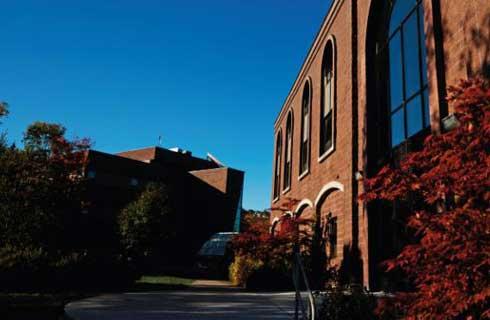
社会工作(荣誉)文学士学位
学历文凭
Bachelor Degree with Honours
开学日期
课程费用总额

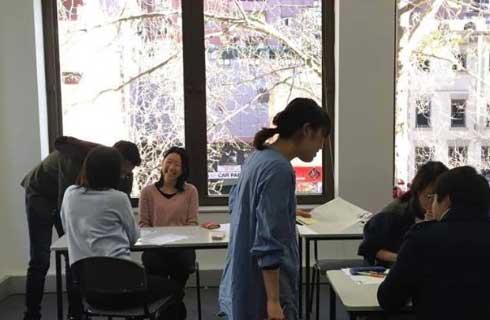
理学士(荣誉)理学士
学历文凭
Bachelor Degree
开学日期
课程费用总额


MPharm(荣誉)药房
学历文凭
Bachelor Degree
开学日期
课程费用总额


MBChB(荣誉)医学
学历文凭
Bachelor Degree
开学日期
课程费用总额

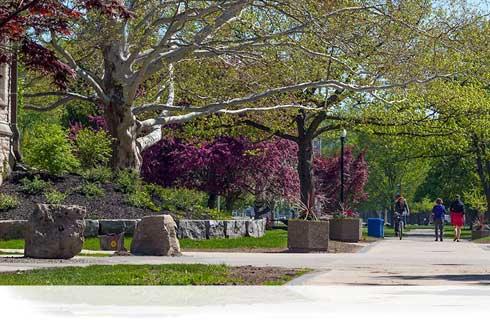
理学士(荣誉)数学
学历文凭
Bachelor Degree with Honours
开学日期
课程费用总额


荣誉管理学士学位
学历文凭
Bachelor Degree with Honours
开学日期
课程费用总额

其他相关课程
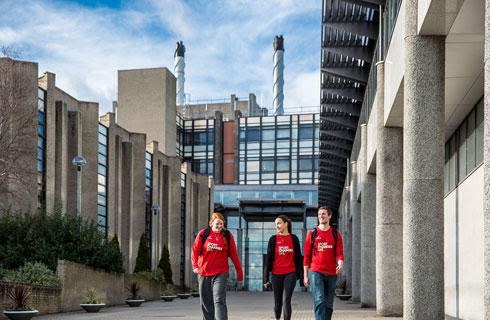
中学(7-9年级)
 诺克斯学校
诺克斯学校学历文凭
Secondary School
开学日期
课程费用总额


中学(7年级-8年级)
 哈臣斯男子中学
哈臣斯男子中学学历文凭
Secondary School
开学日期
课程费用总额


中学十年级
 马特·克里斯蒂学院
马特·克里斯蒂学院学历文凭
Secondary School
开学日期
课程费用总额


中学九年级
 马特·克里斯蒂学院
马特·克里斯蒂学院学历文凭
Secondary School
开学日期
课程费用总额

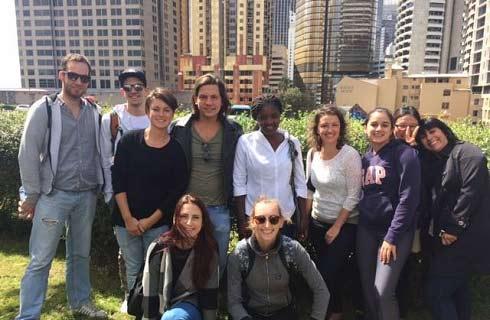
法学博士
 悉尼大学
悉尼大学泰晤士高等教育世界大学排名:54
学历文凭
Masters Degree (Coursework)
开学日期
课程费用总额


理学研究生证书
 新英格兰大学
新英格兰大学学历文凭
Graduate Certificate
开学日期
课程费用总额










 英国
英国